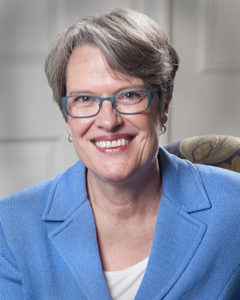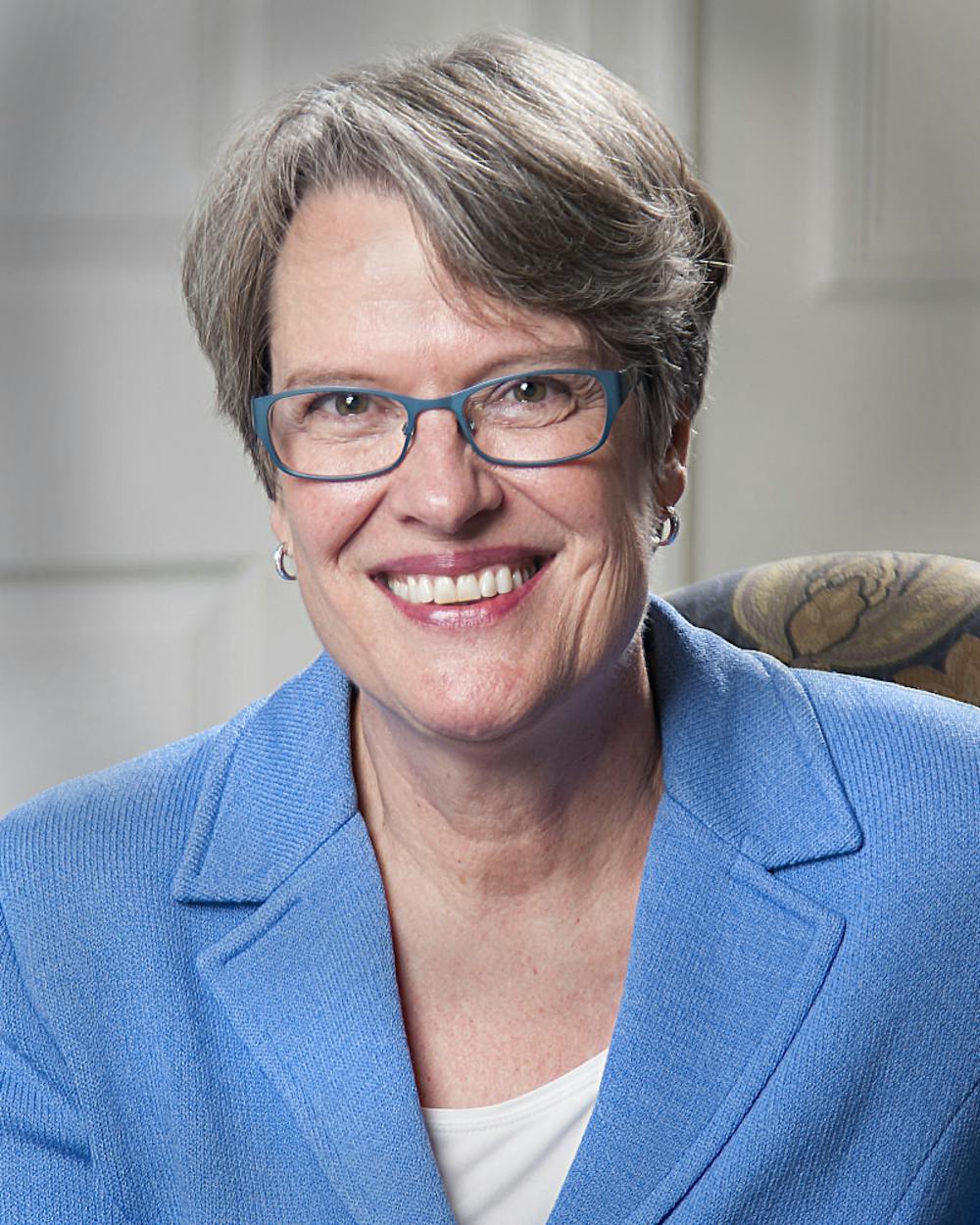
By Jacqueline Taylor and Amy Hecht
Provost and Vice President for Academic Affairs, and Vice President for Student Affairs
Over the past few weeks there have been questions, statements of concern and some inaccurate information put forth regarding the TCNJ Clinic, the reasons for its closing and the impact this will have on our students and the community. We’d like to address some of these concerns and state for the record why we believe closing the clinic is the right decision. (Note: the TCNJ Clinic should not be confused with either Student Health Services or Counseling and Psychological Services.)
While the TCNJ Clinic was created to provide a site for marriage and family therapy interns, it ultimately proved to be a poor fit for this goal. MFT students need “relational hours,” which is time spent doing marriage and family related counseling. Because the clinic had challenges recruiting families to utilize its services, MFT students had difficulty accruing the required hours for their degree and frequently graduated late. Understandably, they increasingly looked to outside agencies to gain the needed experience. In fact, no MFT MA students chose the clinic this year as their site.
Historically, students in the Educational Specialist program would not choose the clinic either. In the past, it actually hosted interns from another university so that it would have enough counselors to operate. The College eventually mandated that EdS students intern there, but the number enrolled in this program is small. There are four now and that number will shrink to one next year.
The clinic is staffed largely by interns in the counselor education master’s program, who work there as one of many possible internship sites. The numbers who choose it are, again, small. Of the more than 50 MA students in the field right now, only five are at the clinic. All students for the summer and fall practicums have secured internships at outside clinical sites.
From a care standpoint, the clinic has limitations as well. Dedicated as they may be and not to discount the compassionate care they have provided, the clinic’s counselors are primarily unlicensed master’s-level graduate students. As such, they tend to work with a limited number of students with milder mental health concerns.
Continuity of care is also a concern. Since this is a training clinic, graduate students rotate in and out of the clinic depending on their internship needs. This means that students with long-term needs wind up having to change therapists for ongoing care.
The longer-term counseling option provided by the clinic should not be confused with the same scope or level of service being provided by CAPS. At CAPS, licensed, experienced professionals provide the care and have the training and ability to assess for the appropriate level of care required and the ability to make referrals to a higher level of care (hospitalization, partial hospitalization, intensive outpatient programs, drug rehab, for example) when necessary. In fact, the clinic has traditionally relied on CAPS to do this work when required.
The College is finalizing an agreement with an urgent care facility opening in Campus Town this summer. It will house a mental health unit staffed by licensed counselors, who will be able to offer long-term individual counseling for a wide variety of student concerns, including but not limited to anxiety, depression, relational problems, trauma and substance use. Additionally, because the clinicians will be experienced, they will be able to evaluate walk-ins and make recommendations for the appropriate level of care, similar to what CAPS does and likely in consultation with CAPS when appropriate. The college has created an emergency fund, to be administered by Student Affairs, to help those with financial problems obtain care.
The Career and Community Studies program has also developed a plan to ensure its students’ needs continue to be met after the clinic closes. It’s important to remember that the majority of social and emotional support for these students has always come from CCS’s trained teachers and administrators.

Another concern expressed is the fact that the clinic serves the neighboring communities. While this is true, it is far from the only option for residents. Local mental health agencies have long been providing the kind of low-cost services that community members seek, and will continue to do so. Additionally, our students will be completing their internships in the community and in this way the College will still be providing student clinical services to local residents. Our hours will boost these existing programs and expand their ability to serve.
The College will also continue to serve area residents through the Intoxicated Driver Resource Center, which had previously been run through the clinic. Last year it served about 900 residents in Mercer County, providing each person with 12 hours of psychoeducation regarding alcohol and other drug use with a focus on preventing driving under the influence. Additionally, it did individualized screenings on each person to determine if they should be referred for a full substance misuse assessment to determine if there may be a need for formal treatment. If there was such a need, IDRC counselors evaluated the appropriateness of the referral and will monitored that treatment on a monthly basis for a minimum of 16 weeks, but in some cases will continue to monitor for up to 10 years.
The clinic costs $180,000 annually to operate, and requires an additional $70,000 investment to upgrade the technology to bring it into compliance with regulations. Given the availability of good off-site internship opportunities, our plans to provide new counseling options that represent an enhanced level of care to students who had been utilizing the clinic and the number of mental health agencies serving the local community, it simply did not make sense to continue to operate it.
We appreciate the support shown to the clinic this semester and don’t discount the many people it has helped over the last 10-plus years. We believe our plans for the future allow us to expand and strengthen what we offer to address student long-term care needs and to ensure a quality graduate internship experience.







